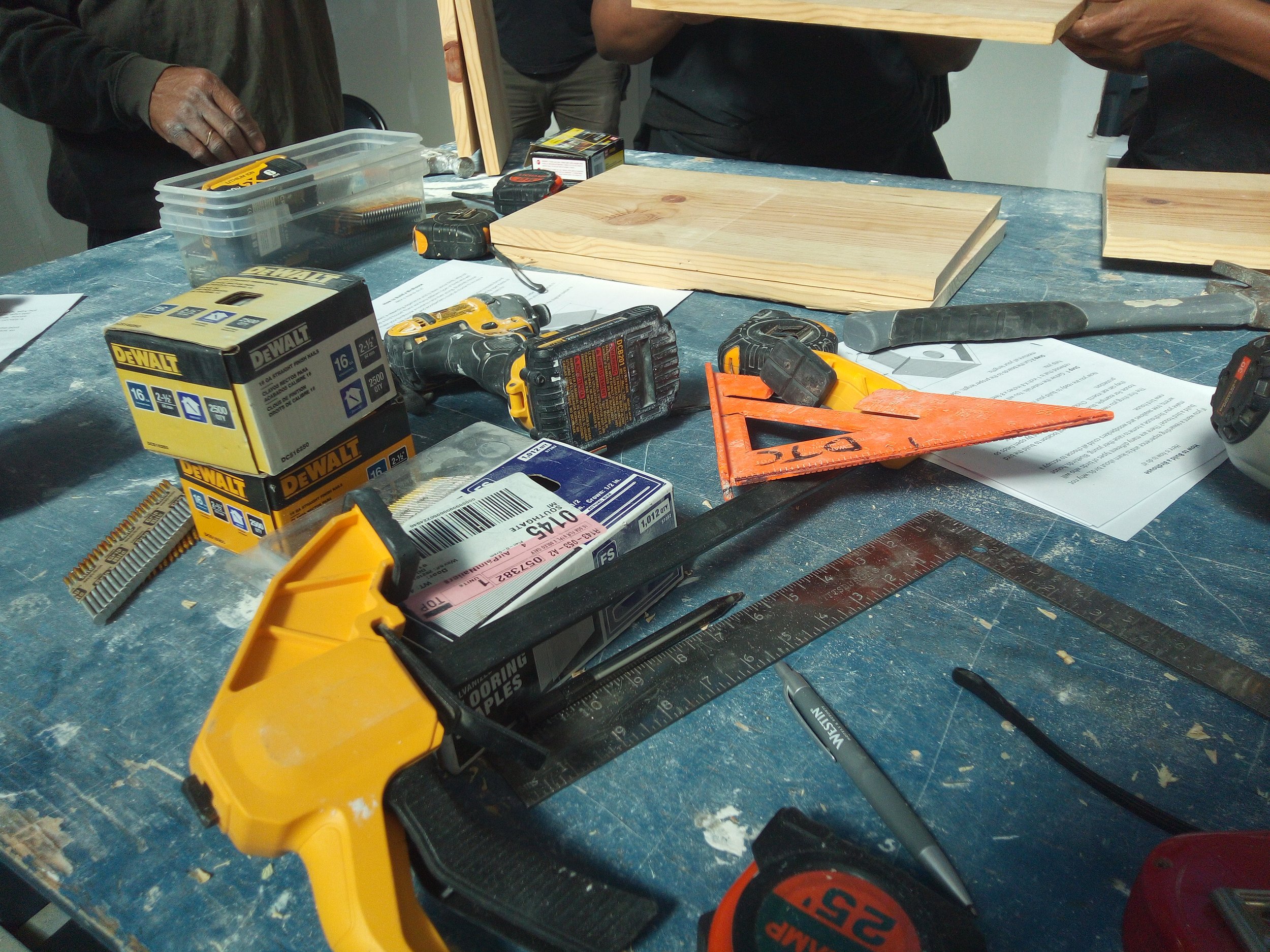Image by Jordan Harris
Across the U.S., a severe labor shortage is affecting industries ranging from construction to manufacturing. As the need for skilled workers continues to grow, trade schools and vocational education have become essential in training a new generation to fill these critical roles. By offering hands-on, practical education in high-demand fields, trade schools like Detroit Training Center (DTC) are directly addressing the labor gap and preparing individuals for rewarding careers in the skilled trades.
Why the Labor Shortage Exists
Several factors contribute to the current labor shortage. First, a large portion of the workforce in skilled trades is nearing retirement. According to the U.S. Bureau of Labor Statistics, the average age of workers in fields like construction and manufacturing is significantly higher than in other industries, meaning a wave of retirements is imminent. Additionally, fewer young people are entering these fields. For decades, a societal emphasis on four-year degrees as the path to career success has led to a decline in interest in trade professions. This trend has created a gap between the demand for skilled workers and the number of individuals with the training to fill these roles.
The Value of Trade Schools
Trade schools are uniquely positioned to fill these gaps by providing fast, focused training in essential industries. Unlike four-year colleges, trade schools focus on practical skills that students can immediately apply on the job. For example, Detroit Training Center offers courses in construction, heavy equipment operation, and home renovation, among others. Students gain hands-on experience with the tools and techniques they'll use in their careers, allowing them to enter the workforce quickly and with confidence.
Trade school programs are generally shorter and more affordable than traditional college programs, making them an accessible option for individuals seeking to start a new career or advance in their current one. Additionally, because these programs are tailored to meet industry demands, graduates of trade schools often find themselves in high demand, with strong earning potential and job security.
Filling Critical Workforce Gaps
As industries like construction, HVAC, welding, and automotive repair face increasing labor shortages, the role of trade schools becomes even more significant. By equipping students with specialized skills, vocational education helps ensure that vital sectors remain operational. For instance, without skilled HVAC technicians, homeowners and businesses would struggle to maintain their systems, leading to costly inefficiencies. In construction, a shortage of trained carpenters, plumbers, and electricians could lead to project delays and increased costs.
Detroit Training Center works closely with local employers to align its programs with workforce needs, ensuring students are prepared to meet the demands of their chosen industries. This direct link to the job market is a hallmark of trade school education and a key factor in addressing the labor shortage.
Benefits Beyond the Workforce
The impact of trade schools extends beyond just filling job vacancies. Skilled trade careers offer individuals the opportunity to earn competitive wages, build valuable expertise, and enjoy long-term stability. For many, vocational education provides a viable alternative to traditional college, often leading to rewarding, well-paying careers without the burden of significant student debt.
Looking to the Future
As the labor shortage continues, the role of trade schools will only become more critical. By promoting the benefits of vocational training and expanding access to these programs, institutions like Detroit Training Center can help ensure that the next generation is prepared to step into high-demand roles and support the country’s infrastructure and economy.
For those interested in a fulfilling career in the trades, Detroit Training Center offers a range of programs designed to provide the skills, knowledge, and hands-on experience needed to succeed. Through targeted training and industry connections, DTC is committed to empowering students and combatting the labor shortage, one skilled professional at a time.


